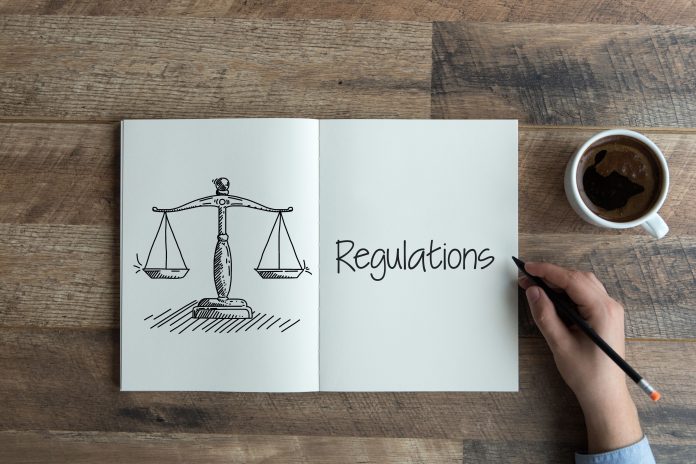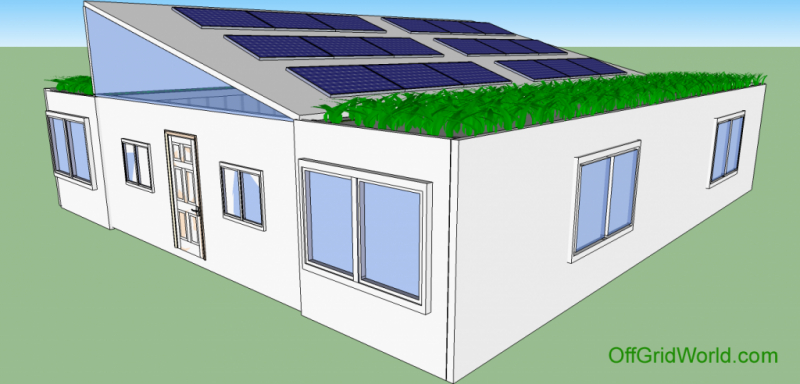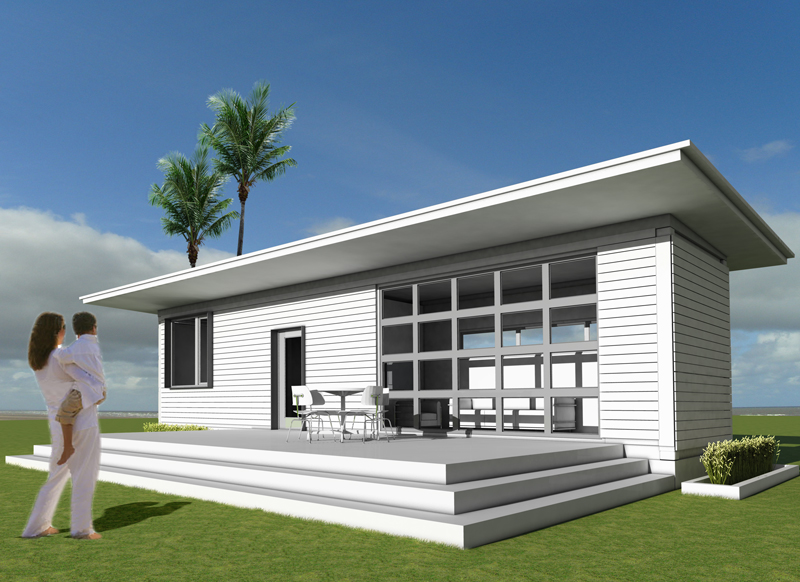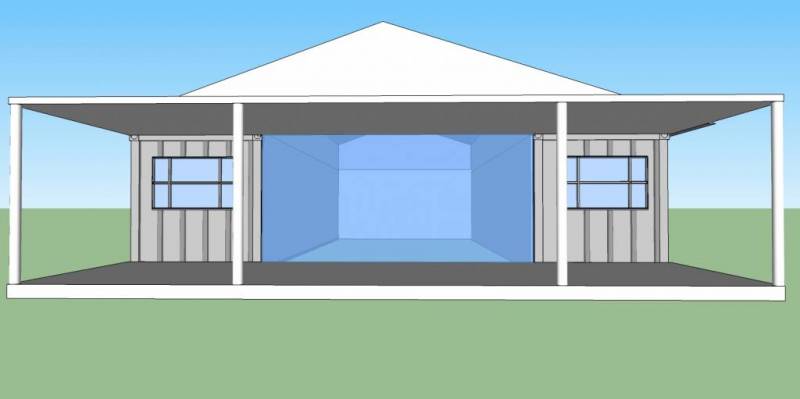Building an off-grid home is a big undertaking, but it can be an experience to cherish. Before beginning the custom home building project, it’s important to understand the local regulations that could affect your plans.
Why Is There A Need To Understand Local Regulations Before Building An Off-Grid Home?
When you know the local regulations, you can ensure that your off-grid home is built in a way that complies with existing laws and regulations. This will help to prevent any potential problems down the line.
Local zoning rules can dictate where an off-grid home can be built and its size and type. It’s important to check local zoning codes to ensure that your off-grid home will be classified as permitted. Your local government may also have rules about how far away the structure must be from other buildings and roads, and what materials can be used to build the house.
In some areas, you may need permits for certain types of off-grid structures or systems, such as wind turbines or solar panels. It’s essential to research these requirements before getting started on your project.
It’s also a good idea to understand the local utility rules and regulations, as they may affect your ability to access utility power in an emergency situation. Understanding these rules will help you determine what type of backup system will be necessary for your off-grid home.
By researching local regulations, you can ensure that your off-grid home is built according to the laws in your area. This will help prevent potential issues and ensure that your off-grid dream comes true.
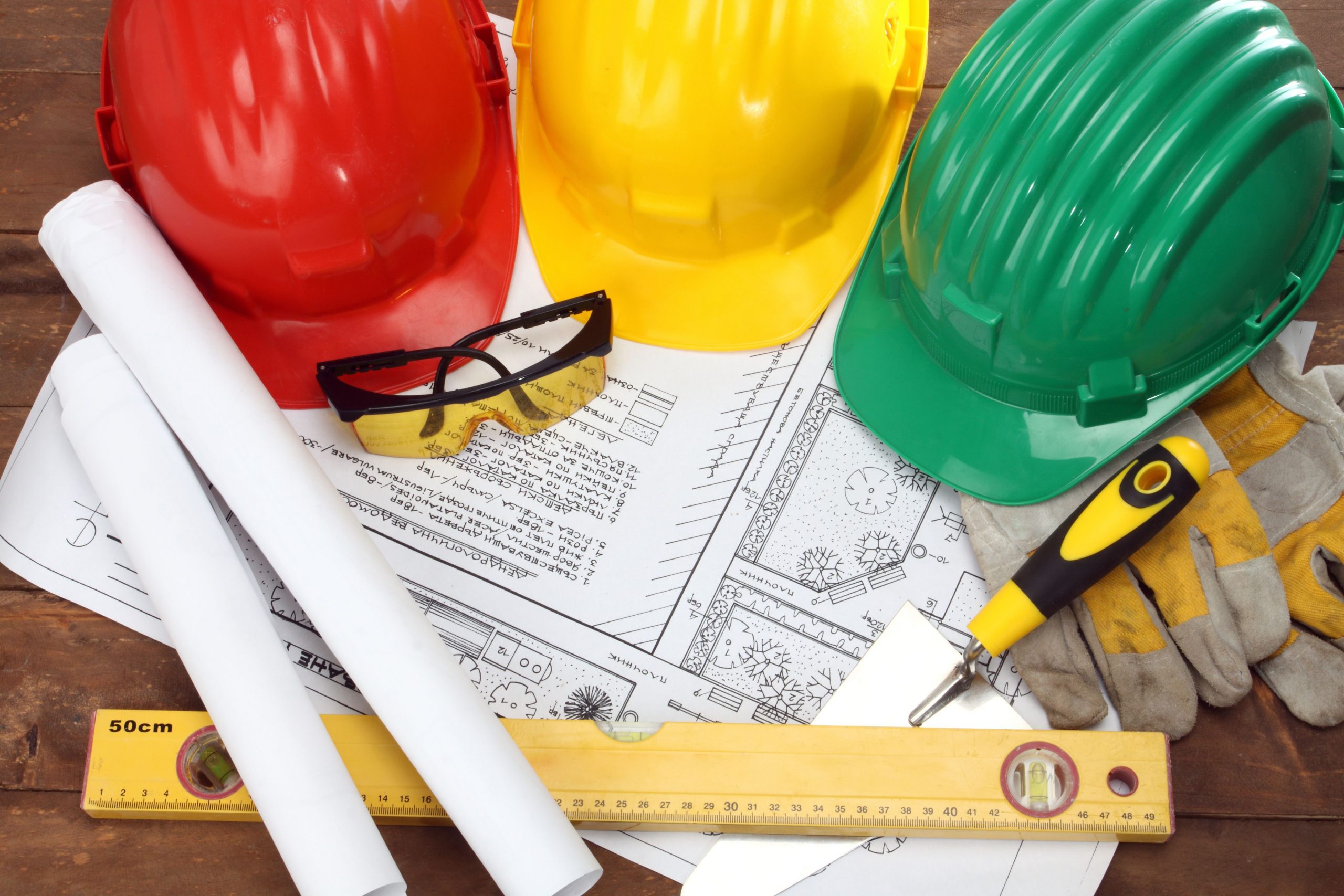
Understanding Your Local Laws – Here’s What You Need To Know
Building an off-grid home can be an exciting and rewarding adventure, but it’s essential to make sure that you understand your local laws before embarking on the project. Every jurisdiction has different regulations for building and zoning, some of which may affect the cost or timeline of constructing your home. Taking the time to research the local regulations can help you avoid costly surprises down the road.
Local Building Permits and Regulations
One of the most critical steps when building an off-grid home is ensuring you have all of your local building permits in order. Due to their unique nature, local jurisdictions often require additional permits for off-grid homes. In some cases, you may need to obtain additional approvals from local planning authorities or other agencies. It’s essential to get all of this paperwork before beginning the project to avoid costly delays.
Zoning Regulations
In addition to building permits, you should also be aware of any zoning regulations that might affect your project. Off-grid homes are typically located outside of city limits and in rural areas, so they may not be subject to the same zoning regulations as other structures. However, local authorities might still restrict the types of structures that can be built in a given area. It’s essential to check with your local zoning office to make sure that you’re compliant with all regulations.
Environmental Regulations
When building an off-grid home, it’s also important to take into account any environmental regulations that may affect your project. Depending on where you’re located, certain areas may require additional approvals or permits to build a structure of this type. In addition, there might be restrictions on the types of materials used in the construction process. Research these regulations and obtain any necessary permits before proceeding with the project.
Other Considerations
In addition to researching local laws, it’s important to consider other factors when planning an off-grid home. For example, how will you generate power? Which roofing contractor services will you hire for your roofing requirements? What type of water supply will you need? How will you dispose of waste? Will you rent a dumpster from https://grissmandumpsters.com/dumpster-rentals-for-roofing-projects/? These are all critical questions to consider when planning your off-grid home. Taking the time to answer these questions now can help ensure that your project goes smoothly and is completed within budget.
When it comes to off-grid living, managing waste effectively is crucial. One of the most efficient ways to handle waste from construction and renovation projects is by using a dumpster service. These services allow you to easily dispose of materials like roofing debris, wood, and other construction waste without the hassle of making multiple trips to a landfill. By having a dumpster on-site, you can ensure that the waste management process is streamlined, keeping your project organized and on track.
In addition to convenience, renting a dumpster helps you stay compliant with local waste disposal regulations. Many areas have strict guidelines regarding the disposal of certain materials, and a professional dumpster service rental can help ensure that everything is handled properly. This not only keeps your project environmentally friendly but also saves you from potential fines. Renting a dumpster for your off-grid home construction is a smart way to stay within budget and meet your project’s needs efficiently.
By taking the time to understand local laws, regulations, and other considerations before beginning your off-grid home project, you can ensure that the process goes smoothly and is completed within budget. Do your research ahead of time and get all necessary permits and approvals in order before beginning construction. This will help to ensure that you avoid costly delays or other issues down the road.
Conclusion
An off-grid home is a great way to reduce your carbon footprint and be more self-sufficient. It can also save you money in the long run by reducing dependence on public utilities. However, before investing in an off-grid home, it’s important to research local regulations so that you don’t get caught up in any costly fines or legal issues.
Even if a building permit isn’t required, it’s always best to consult an expert custom home builder and find out if there are any safety or environmental regulations you need to comply with. Reach out to IDD Architecture for Custom Design Services Dallas.
With a little bit of planning and research, you can be sure that your off-grid home is built in compliance with local regulations and is safe for everyone who lives there.


